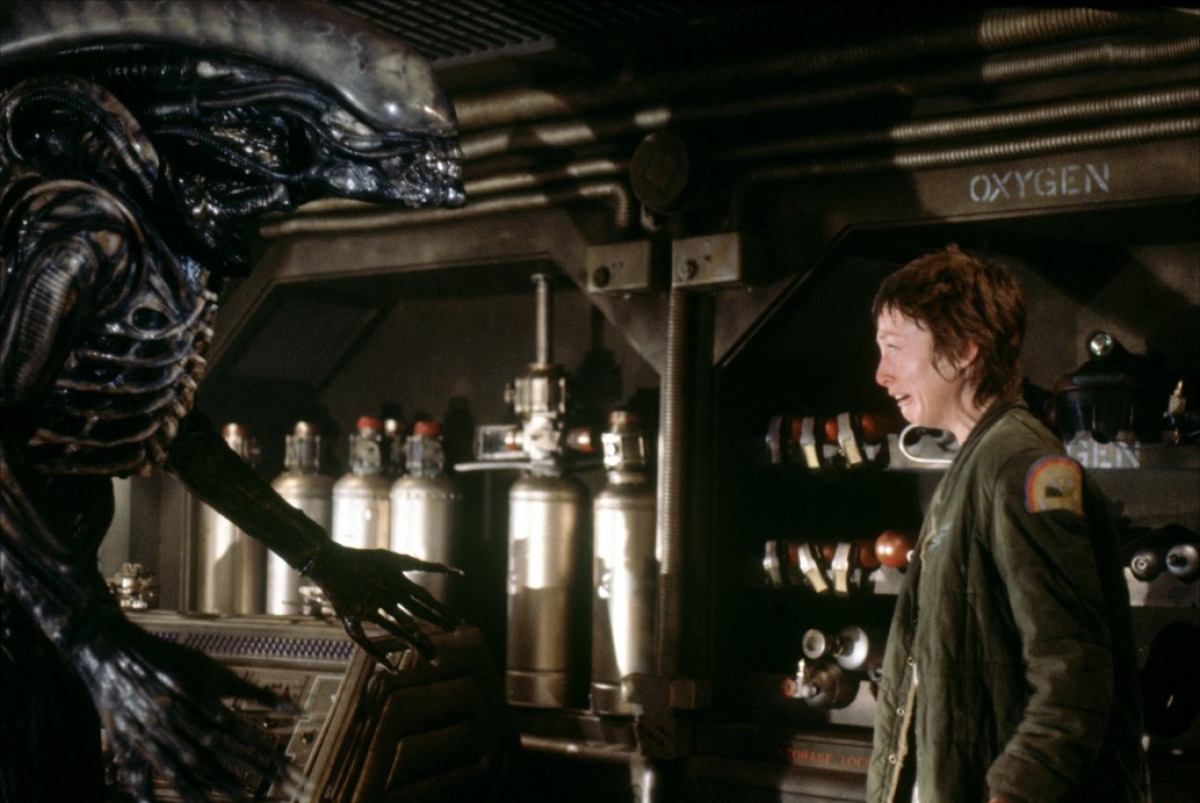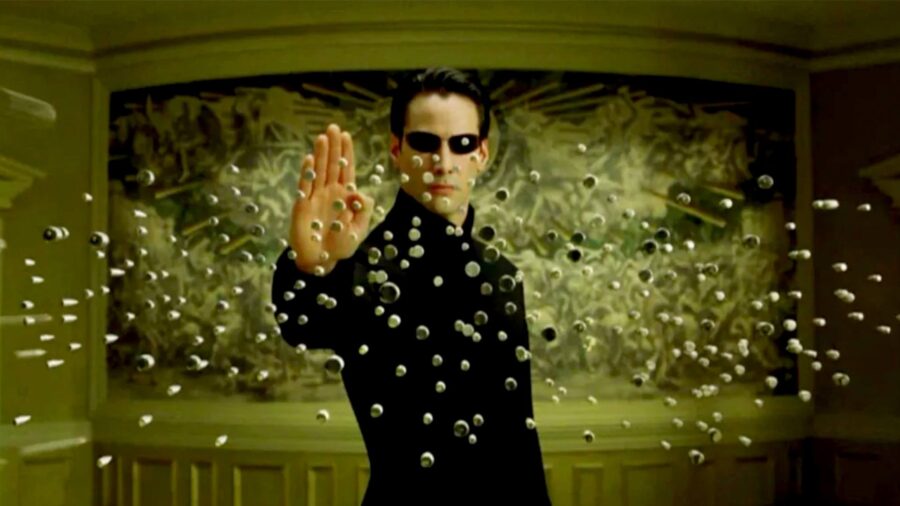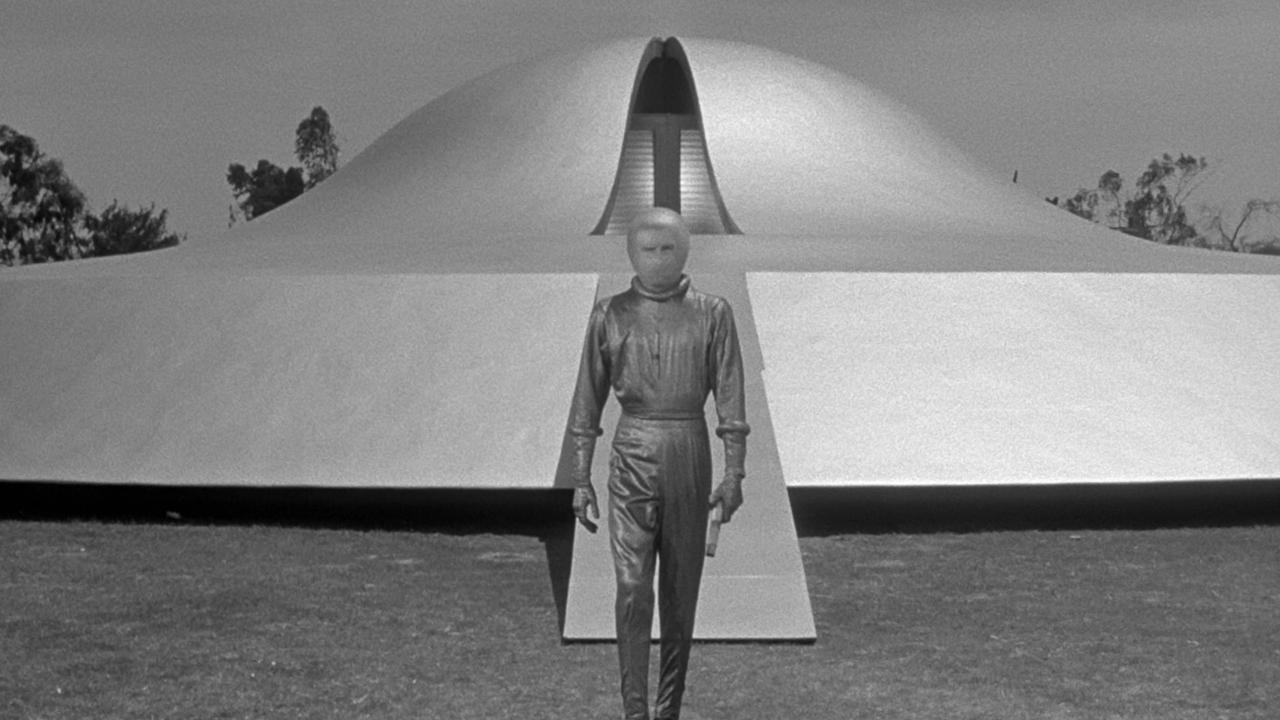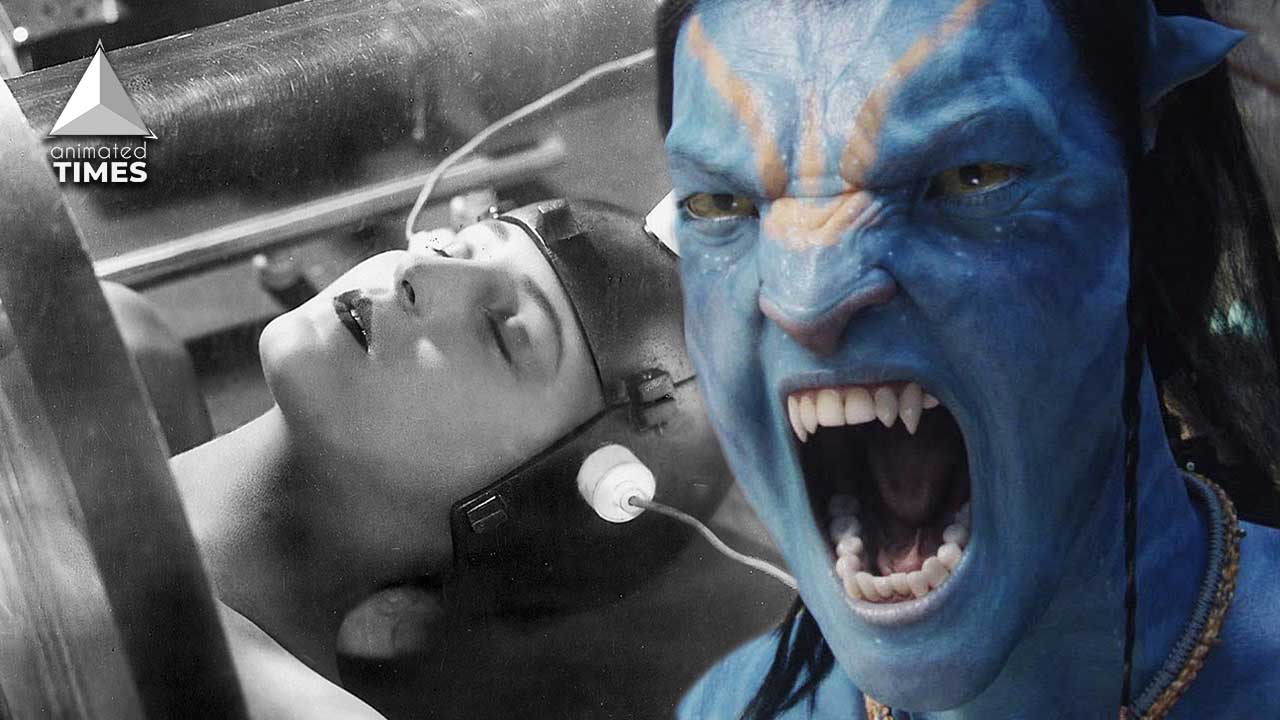8 Sci-Fi Movies Fans Still Consider being Light Years Ahead of Our Time
Sci-Fi Movies have also delighted the audience’s imagination while pushing their sense of possibilities. We all have been amazed, scared, and sometimes inspired by sci-fi movies that blew our minds. Since the beginning, cinema has seen some sci-fi movies that have always been ahead of our time. These movies have entertained the audiences as well as provided commercial success to the production.
Below are 8 Sci-Fi Movies Fans Still Consider to be Light Years Ahead of Our Time
Avatar: James Cameron’s masterpiece on the screen

Since its sequel is about to release in a few months, one can not forget what Avatar brought to the world of cinema. James Cameron’s obsession with making big cinematic records took almost a decade in making. The story was about human colonists exploiting an alien world for needed resources. Avatar went on to become the second highest-grossing film in history and also reintroduced audiences everywhere to 3D films.
Checkout, Sci-Fi Vampire Movies To Watch Instead Of Morbius
Metropolis (1927)

Released in 1927, Metropolis had groundbreaking visuals and immense scale as it stood the test of time as one of the most influential films ever made. Metropolis gave a fascinating glimpse into the future there was also a biting social commentary on the present. Directed by German filmmaker Fritz Lang, it was the first sci-fi full-length feature film that tells a fairly complex story without the aid of spoken dialogue, seeing as it’s a silent film.
Checkout, 7 Greatest Indie Sci-Fi Movies That Deserve Big Budget Sequels
Alien (1979)

Ridley Scott is credited with redefining the blend genres of horror with science fiction. Scott with his movie, Alien did truly groundbreaking work with Alien as he uses the vast darkness of space as the setting for the horror genre movie. To date, Scott is still considered among critics and fans alike as one of the ultimate masters of sci-fi filmmaking.
Checkout, Greatest Sci-Fi Movie Of Each Decade In The Last 100 Years
Star Wars: A New Hope (1977)

Being one of the most influential sci-fi, Star Wars: A New Hope was panned by many critics. George Lucas’ little space galaxy redefined a genre for generations to come and grew into a multi-billion dollar business. Even the pop culture was changed forever by Star Wars with some of the most recognizable characters of all time.
Checkout, Sci-fi Heroes Who Turned Out To Be Darker Than the Villains
Blade Runner (1982)

Directed by Ridley Scott, Blade Runner was based on a short story by prolific sci-fi writer Philip K. Dick. The movie is about the detective noir story of the 50s and 60s and gets even deeper, more philosophical about artificial creation and the existence of a soul. Spielberg’s A.I. also tried to follow the same pattern of mixing science fiction with questions about humanity but was not as impactful as Blade Runner was.
Checkout, 5 Well-Written Sci-fi Movie Characters, Ranked
The Matrix (1999)

Starring Keanu Reeves as Neo and directed by Wachowskis, the Matrix franchise is one of the most financially successful films in the cyberpunk genre. The movie had a dark science fiction tale of a future where humans are made to serve machines, just by their very existence. The Matrix went on to win 4 Academy Awards and made over $400 million. However, the best contribution to cinema was introducing audiences to a visual delightful effect that would be known as “bullet time.”
The Day The Earth Stood Still (1951)

Considered a true pillar of the sci-fi genre, The Day The Earth Stood Still was an intriguing black-and-white science fiction film from director Robert Wise. Based on the 1940 short story, “Farewell To The Master” by Harry Bates, the movie doubled its $995,000 budget. It is still hailed today by many film historians as one of the greatest sci-fi movies of all time.
Planet Of The Apes (1968)

Planet of the Apes was a monumental experience as this sci-fi action follows an astronaut crew who crash-land on a planet in the distant future where intelligent talking apes are the dominant species. The movie’s narrative themes touch upon the prevalence of animal cruelty, the Civil Rights movement of the 1960s, and science vs. religion; with questioning, “How can scientific truth be heresy?”.





